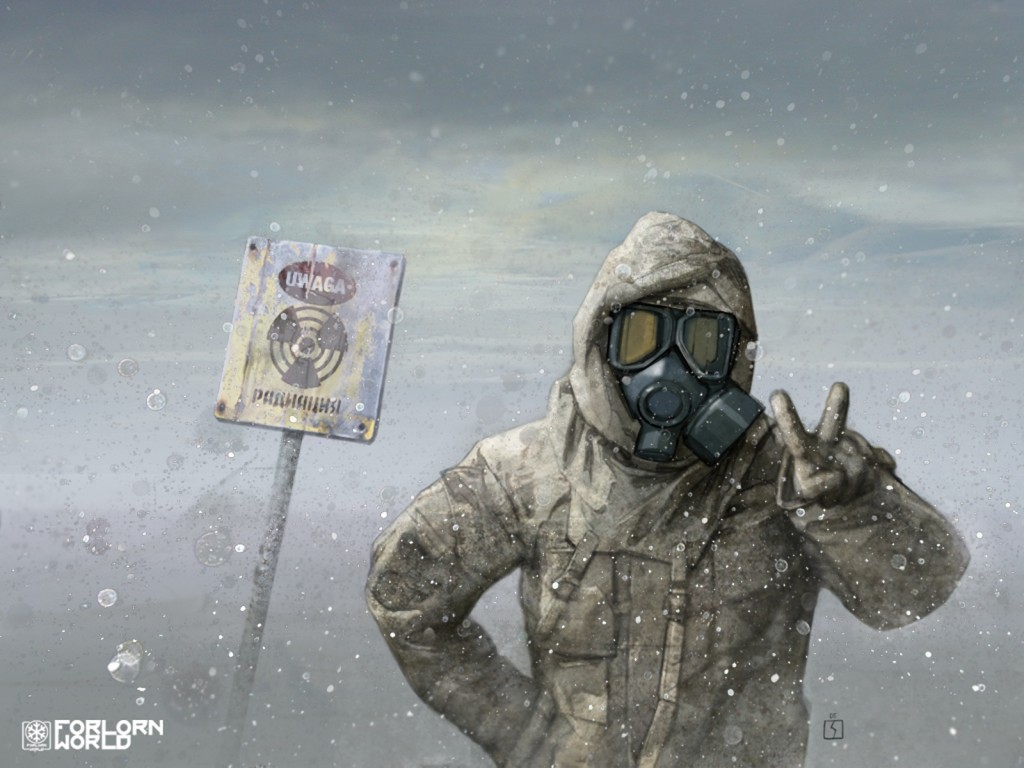Blog #33
This blog will be different than past ones b/c I am going to ask you to examine the data / thoughts / statistics in the discussion and links below and then evaluate the history of America’s nuclear weapons. I don’t really have a specific question in mind except – was it all worth the cost? By “it,” I mean the development of the nuclear bombs beginning in 1940. By “the cost,” I would include monetary, social, political, and cultural impact on America during the Cold War, and then of course the actual human toll on Hiroshima and Nagasaki. Lastly, the cost should include the legacy of the post-Cold War world in which other countries try to get nuclear weapons in order to feel some security from the nations who currently possess them.
Pictures from the Denver Post about the dropping of the atomic bombs on Hiroshima and Nagasaki.
Pros and Cons of dropping the bombs – http://seattletimes.nwsource.com/special/trinity/supplement/procon.html
From the Brookings Institute’s analysis on the cost of nuclear weapons from 1940-1996. http://www.brookings.edu/projects/archive/nucweapons/weapons.aspx
A picture of the “Davy Crockett,” a portable nuclear missile that can be carried and fired by soldiers in battle. This W54 warhead was created in the early 1960s and was the smallest and lightest nuclear weapon in the American arsenal weighing in at 51 pounds! Though not extremely powerful, over 2,000 of these weapons were produced between 1956 – 63 and they had a range of 1.2 -2.4 miles, depending upon the type used.

Footage of the Davy Crockett testing in Nevada – http://youtu.be/eiM-RzPHyGs Attorney General Robert Kennedy is seen in this footage from 1962.
The History Channel’s depiction of the firing of the Davy Crockett and an analysis on why it was considered one of the least effective nukes in America’s arsenal – http://youtu.be/khyZI3RK2lE
Currently, the U.S. has an estimated 2,000 active nuclear warheads with a total of 8,500 capable of being used. The Russians have 2,400 active nukes and a total of 10,000. These numbers are down dramatically from the Cold War highs as seen in the chart below.  China (180/240), France (290/300) and Britain (160/225) also have nuclear weapons (active /total). Pakistan, Israel and India also have between 100-200 nukes but it is unknown how many active ones they have.
China (180/240), France (290/300) and Britain (160/225) also have nuclear weapons (active /total). Pakistan, Israel and India also have between 100-200 nukes but it is unknown how many active ones they have.
As you know, North Korea claims to have at least one while Iran is quickly trying to make one. And NK’s latest attempt to try a successful launch of a potentially nuclear missile failed spectacularly on April 12/13 http://abcnews.go.com/International/north-korea-launches-test-rocket/story?id=16125951
Several things to think about while looking at these numbers / pictures:
1. Do you think NK and Iran’s desperate attempts to make a nuclear weapon are a reaction to the U.S. belligerence or possession of thousands of nukes? Is it ironic that they seek safety in the possession of a nuke yet at the same time it jeopardizes their nation’s safety b/c the Big Five nuclear powers focus their energies on preventing them from getting that nuke?
2. Will we ever live in a world free of nuclear bombs? What would it take to achieve that goal?
3. Why do you think the U.S. and Soviet Union possessed so many nuclear bombs (estimated 70,000 between them) at the height of the Cold War tensions in the 1980s? Scientists have estimated that a hundred nuclear bombs detonating around the same time would be enough to trigger a “nuclear winter.” http://en.wikipedia.org/wiki/Nuclear_winter If so few weapons could hypothetically darken the Earth’s atmosphere for years, why would each country so many thousands of weapons?

** potentially more thought-provoking questions to come as I ponder this topic, but don’t let that stop you.

I believe that although it ended World War II, the atomic bombs dropped in Japan were completely dangerous, unnecessary, and wrong. The war was about to end, and if we had a little more patience, we could of spared over 67,000 lives from the fiery affects of the initial explosion, and over 36,000 lives from the new radioactive diseases the nuclear reaction created. Though the theory that “If we didn’t make a nuclear weapon first, someone else could have used it on us,” seems valid, we haven’t completely spared ourselves from that fate yet. Some think that by creating the first atomic bombs and releasing them, we not only made ourselves more powerful but also became a force not to be messed with. But being the first to brutally explode something will not protect us from being exploded ourselves. Now that nuclear weapons exist, I think it’s impossible to return to a world without them. They are real. They exist. Even if every nation in the world said they would destroy them, how do we know everyone actually did? What if no one destroyed their weapons, because they wanted to make sure they weren’t the only place without protection if a situation arose. Even if for some reason we could eliminate all of the super weapons across the globe, we built them once. We can build them again. Was it worth it? No. There is no justification anyone from that time period or anyone today can come up with that makes this whole thing “worth it”. From the radiation poisoning, to the fear of the Soviet Union bombing us, to the fear of nuclear attacks today. The lives this type of weapon has ruined, and will ruin someday in the future are not worth the decision to become a nation protected by nukes. It’s not a matter of protecting ourselves or being the most powerful nation. We need to stop using those rationales and instead think “What negative, irreversible effects will this have on the planet and the human race?”